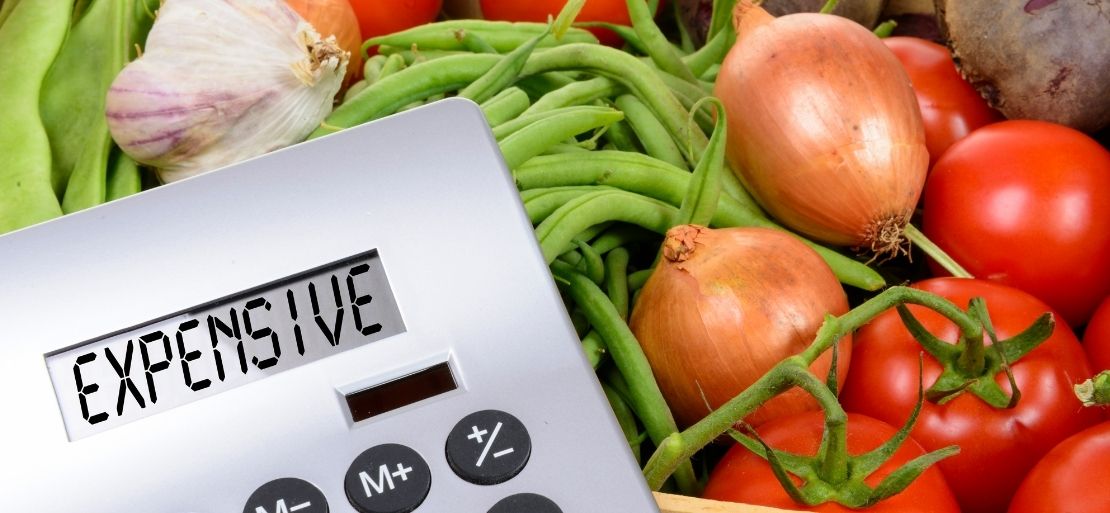The Ukraine Conflict Triggers Massive Increase in Global Food Prices

Because the war has cut off supplies from the world's largest exporter of sunflower oil, the prices of alternatives have risen as well. Ukraine is also a significant producer of cereals such as maize and wheat, the prices of which have increased dramatically.
According to the UN, the war in the Black Sea region has caused shocks in markets for staple grains and vegetable oils. The UN Food Prices Index tracks the average prices of the world's most traded food commodities, including cereal, vegetable oil, dairy, meat, and sugar.
According to the index, food prices are at their highest level since records began 60 years ago, with a nearly 13 % increase in March following February's record high. Vegetable oil prices increased by 23%, while cereal prices increased by 17%. Sugar increased by 7%, meat increased by 5%, and dairy, which has been less affected by the war, increased by only 3%.
According to the index, food commodity prices were already at 10-year highs before the Ukraine conflict due to global harvest issues. This has fueled a cost-of-living crisis that has politicians concerned and sparked social unrest worldwide. As per the industry experts, food prices in the UK could rise by up to 15% this year.
The UN Food and Agriculture Organization advised last month that the conflict in Ukraine could cause food prices to rise by up to 20%, increasing the risk of global malnutrition. It has reduced its global wheat forecast for 2022 from 790 million tonnes to 784 million tonnes due to the possibility that at least 20% of Ukraine's winter crop will not be harvested due to direct destruction. However, it predicted that global cereal stocks would end the year 2.4% higher than they began due to stockpiles building up in Russia and Ukraine as both countries' exports shrink.
United Nations agency on Friday stated that global food prices reached an all-time high in March due to Russia's invasion of agricultural powerhouse Ukraine, adding to international concerns about the risk of hunger.
The disruption in export flows caused by the February 24 invasion, and international sanctions against Russia has fueled fears of a global hunger crisis, particularly in the Middle East and Africa, where the implications are now being felt.
The significant share of global exports in several major commodities, including wheat, vegetable oil, and corn, whose prices reached their highest levels ever last month. A Russian blockade has closed Ukrainian ports, raising concerns about this year's harvest as the war continues to rage during the sowing season.
UN Food and Agriculture Organization (FAO) notified that the Food Price Index, which tracks monthly changes in international prices for a basket of commodities, averaged 159.3 points in March, a 12.6% increase from February. The February index is currently the highest since the index's inception in 1990.
According to FAO, the war in Ukraine was essentially to blame for the 17.1% increase in grain prices, which included wheat and other grains such as oats, barley, and corn. Russia and Ukraine account for roughly 30% and 20% of global wheat and corn exports.



